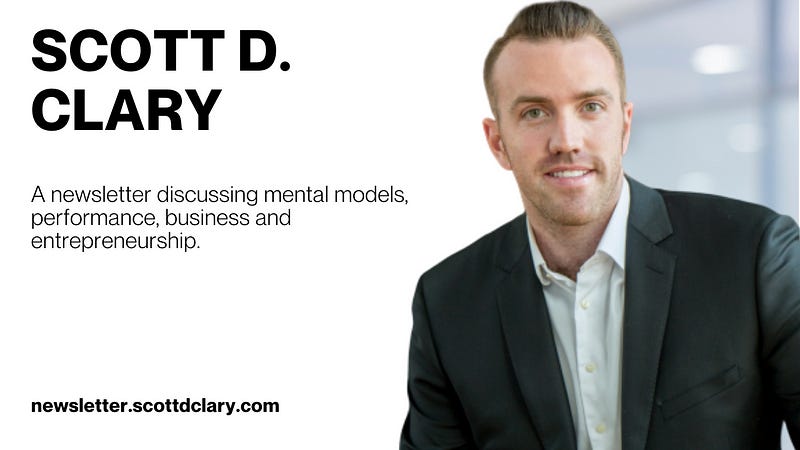What a Dedicated Mentor Can Do For Your Career
Hi All!
Hi All!
Here is my weekly email with some insights pulled out from my podcast as well as some other tools and resources to help you along in your journey.
🤝 What a Dedicated Mentor Can Do For Your Career
💻 Tool Of The Week: first100users.com
🎧 Things You Should Listen To: Alex Banayan, #1 International Bestseller
📚 Things You Should Read: The Third Door
…



